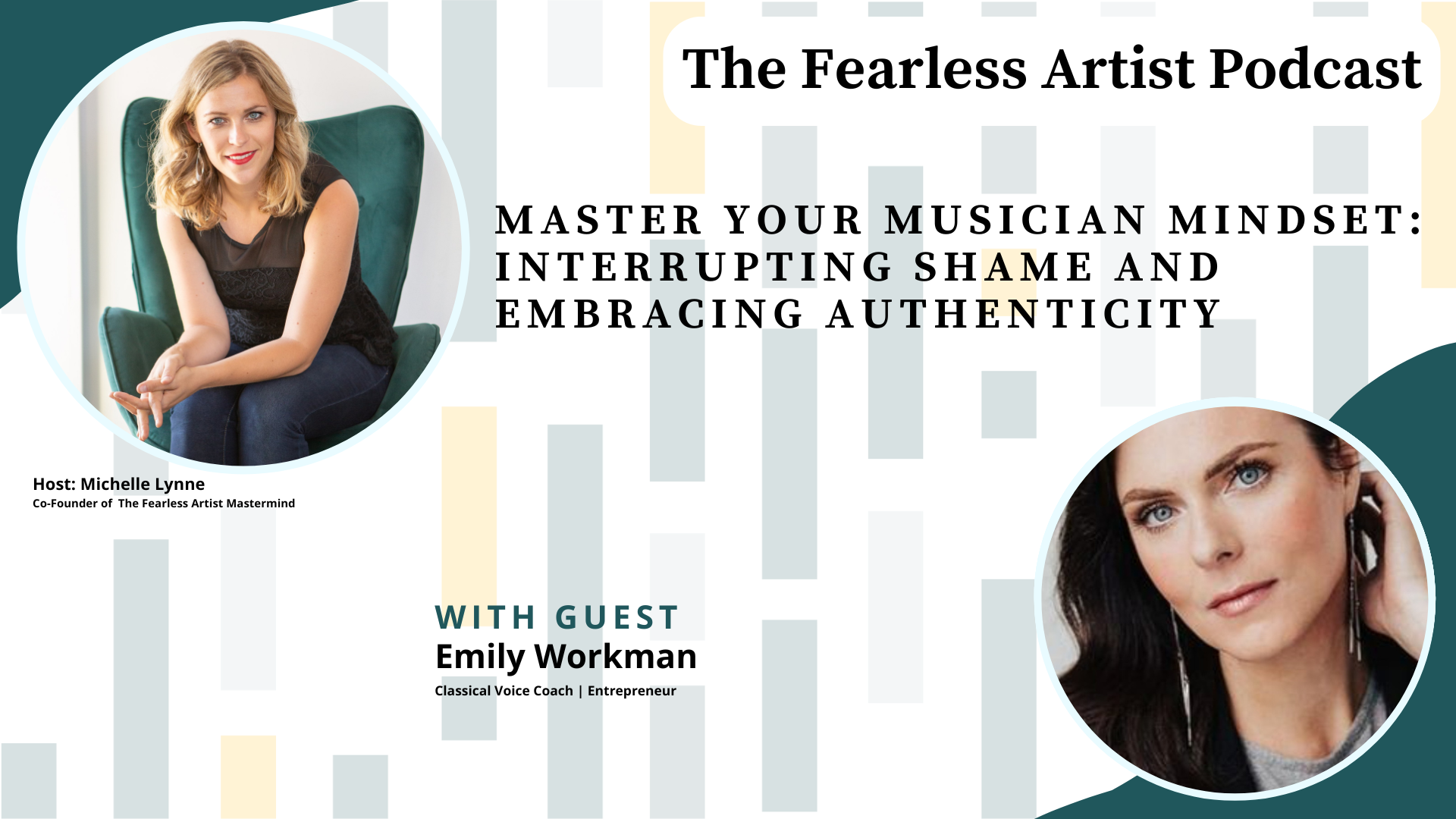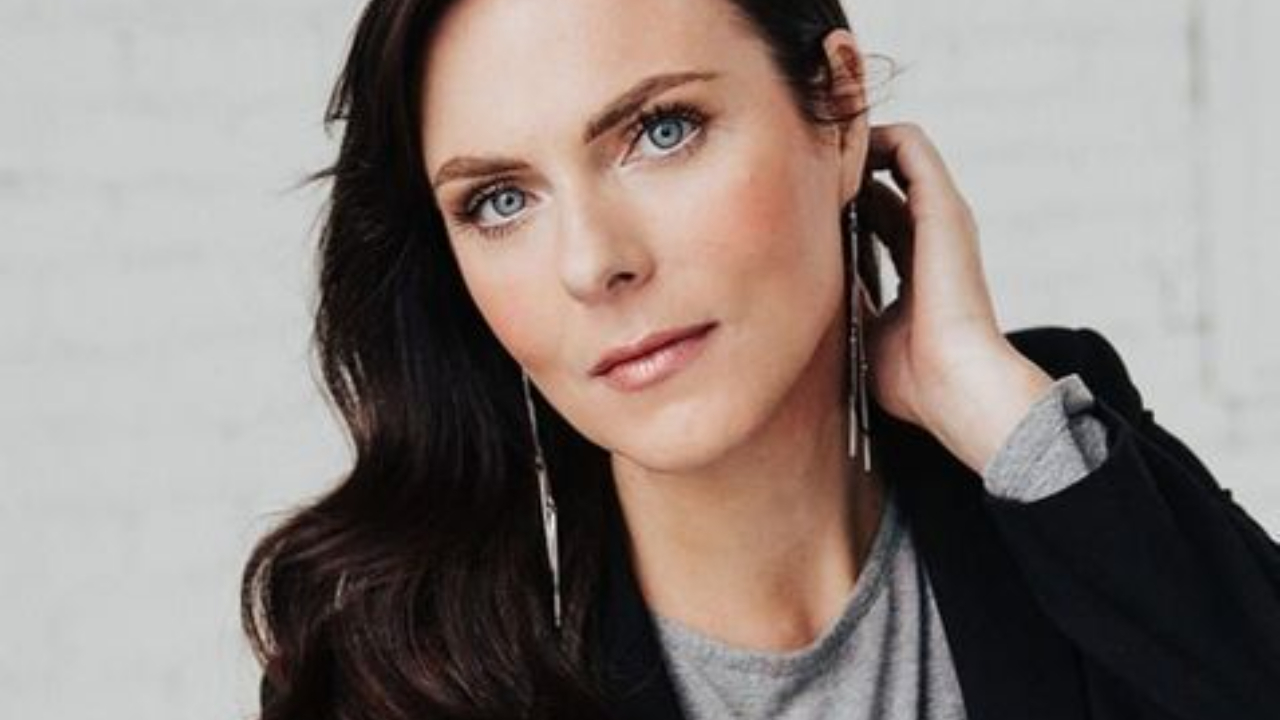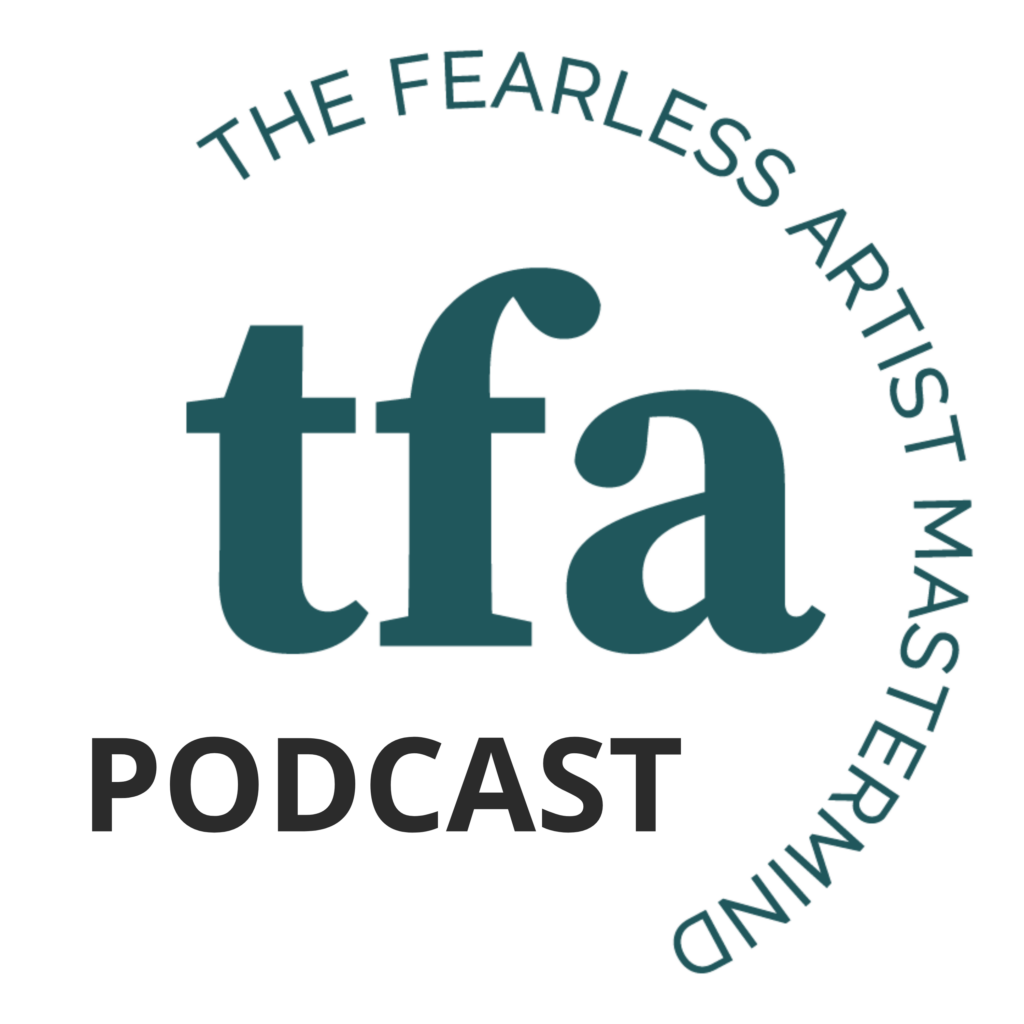Master your musician mindset: Interrupting Shame and Embracing Authenticity

Guest:
Emily Workman
Classical Voice Coach | Entrepreneur
Emily Workman is the founder of the 6-figure business, Classical Voice Coaching LLC, a platform dedicated to bridging the gap between the voice scientist and the voice teacher and singer.
A graduate with her masters from Yale University in vocal performance and a former voice department director at Utah Tech University, Emily understands the crucial need for music businesses, just like any other business – i.e. Nike or Chick Fil-A – to attract and convert prospects into customers in this digital age.
So, after completing 10-month certificates in UX-Design, Digital Marketing, and Sales Copywriting, Emily grew her following to 43,000+ on Instagram, with no paid ads, and sold out multiple 5-figure launches. Her expertise is in launch strategy and just started a second business, Morrigan Digital Co. LLC, to support other creatives in their business growth.

Subscribe to The Fearless Artist Podcast
Intro/Outro music by Michelle Lynne • Episode produced by phMediaStudio, LLC
